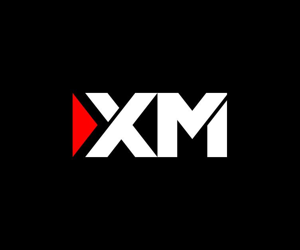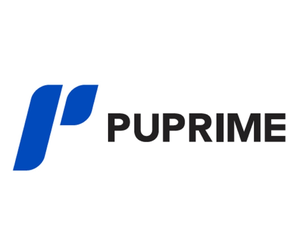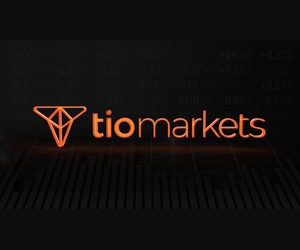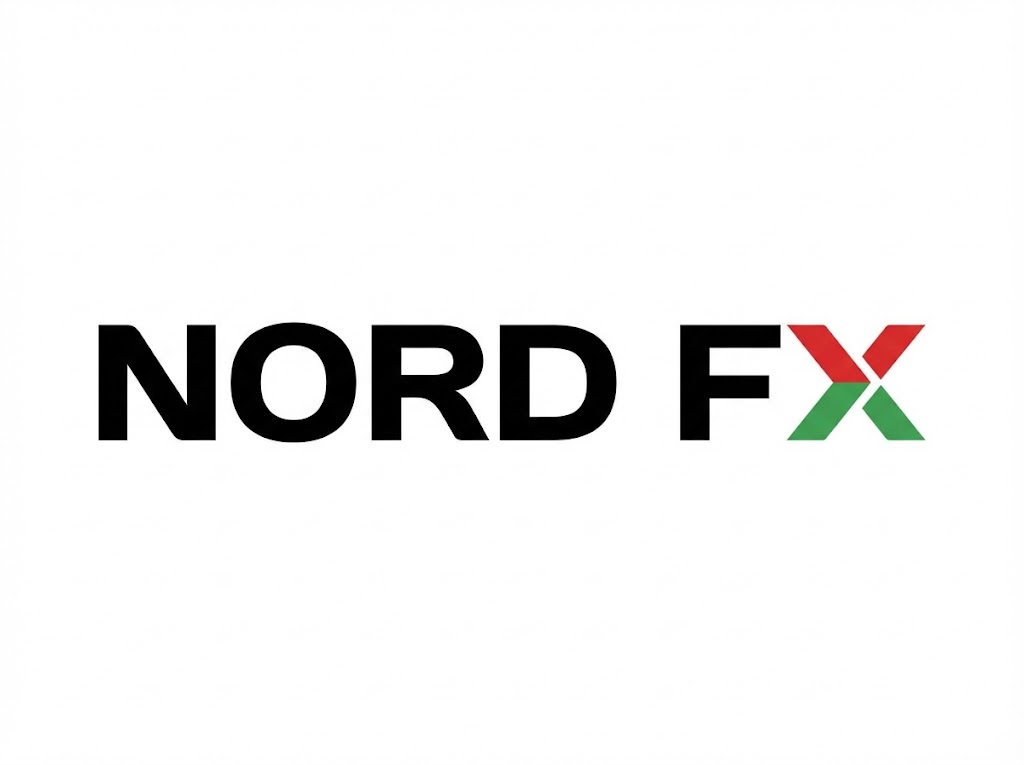In the vast and often confusing world of online trading, choosing the right broker can feel like navigating a minefield. Promises of low fees and cutting-edge platforms are everywhere. Yet, the foundation of a safe trading experience isn’t fancy software; it’s trust and regulation. This is where the real value of a broker is tested. One such firm that has garnered attention is TIO Markets, known for its unique subscription-based trading model.
However, a closer look reveals a complex structure that demands careful consideration, especially for new investors. The broker operates through different companies in different parts of the world. This means a trader’s safety and protections can change dramatically depending on where they live and which entity they sign up with. Understanding this difference is critical. After a comprehensive review based on the TraderVerified methodology, which prioritizes investor protection and verifiable data, TIO Markets earns a Red Flag classification for its primary global offering. This review will break down exactly why, exploring its regulatory framework, market reputation, and operational strengths and weaknesses to give you a clear, unvarnished picture.
Regulation & Safety
A broker’s regulator is like a building’s foundation. If it’s weak, everything built on top is at risk. This is the most important factor in our analysis, and for TIO Markets, it presents a divided and concerning picture. The broker’s corporate owner, TIO Markets Ltd, operates a dual-entity structure that creates two very different safety nets for clients.
First, there is the positive side. TIO Markets UK Ltd is authorized and regulated by the United Kingdom’s Financial Conduct Authority (FCA).
- Regulator: Financial Conduct Authority (FCA)
- Tier: Tier 1
- License Number: 488900
The FCA is a Tier 1 regulator, which is the highest standard in the world. For traders under this UK entity, the protections are robust. These include segregated client funds, which means the broker must keep client money separate from its own operational funds. This prevents the firm from using client deposits for its own business expenses. Furthermore, UK clients are covered by the Financial Services Compensation Scheme (FSCS), which protects their funds up to £85,000 if the broker becomes insolvent. The FCA also enforces strict rules on leverage and requires negative balance protection, ensuring traders cannot lose more money than they have in their account.
Outside the UK
However, the reality for most traders outside the United Kingdom is starkly different. The broker’s global operations are conducted through TIO Markets Ltd, an entity registered in St. Vincent and the Grenadines (SVG).
- Regulator: St. Vincent and the Grenadines Financial Services Authority (SVG FSA)
- Tier: Tier 3
The SVG FSA is a Tier 3 regulator. Crucially, the SVG FSA does not regulate or license forex and CFD brokers. It acts as a company registrar, not a financial watchdog. This means there are no meaningful rules in place for TIO Markets’ global clients. Protections like segregated funds, leverage limits, and negative balance protection are not legally required; they are offered at the company’s discretion. There is no investor compensation fund if the broker fails. Consequently, traders who sign up with the SVG entity are placing their trust entirely in the company itself, without the backing of a strong regulator to enforce rules or mediate disputes. This regulatory gap is the primary reason for the broker’s low score. While TIO Markets states on its website that it offers protections like segregated funds for all clients, these are company policies, not legally enforceable requirements under its global registration.
Trader Reputation & Market Presence
A broker’s reputation is built over thousands of trades and client interactions. For TIO Markets, online sentiment and public data paint a mixed picture, reflecting the dual nature of its regulatory setup. It’s a story of innovative ideas clashing with fundamental concerns.
On the positive side, many users praise the broker’s platform offerings, which include the industry-standard MetaTrader 4 (MT4) and MetaTrader 5 (MT5). These platforms are known for their reliability, advanced charting tools, and support for automated trading strategies. Another frequently mentioned positive is TIO Markets’ unique subscription-based pricing model. This allows traders to pay a monthly fee for zero-commission or zero-spread trading. For active, high-volume traders, this can be a cost-effective alternative to traditional models. Some client reviews also report positive experiences with customer support, describing agents as responsive and helpful.
Areas of Weakness
Conversely, significant and recurring complaints cast a shadow over the broker’s reputation. The most common issues are centered on withdrawals. Numerous online reviews detail delays, complicated verification requests, and frustration when trying to access funds. These are classic red flags in the brokerage industry, particularly for firms operating from offshore jurisdictions where regulatory oversight is minimal.
Another area of concern is transparency. The distinction between the FCA-regulated UK entity and the offshore SVG entity is not always made clear in marketing materials. Inexperienced traders might be drawn in by promises of high leverage and bonuses offered by the offshore branch, without fully understanding that they are forgoing the robust protections offered by the UK entity. This lack of clarity can lead to confusion and a sense of being misled. There have been no major regulatory actions or fines against the FCA-regulated entity, which is a positive sign. However, the sheer volume of unresolved complaints directed at the global entity on public forums suggests that operational standards are inconsistent across the brand.
Strengths & Weaknesses
To provide a clear summary, here is a breakdown of TIO Markets’ key attributes. It is important to weigh these points in the context of which regulatory entity a potential client would fall under.
Strengths
- Access to a Tier 1 Regulated Entity: For UK-based clients, the FCA-regulated TIO Markets UK Ltd offers a high level of security and investor protection, including the FSCS compensation scheme.
- Industry-Standard Platforms: The availability of MT4 and MT5 ensures a familiar and powerful trading experience for both new and experienced traders.
- Innovative Pricing Model: The subscription-based accounts can offer significant cost savings for high-frequency traders who would otherwise pay substantial amounts in commissions or spreads.
Weaknesses
- Primary Global Entity is Offshore: The use of an SVG registration for non-UK clients is a major weakness. This provides virtually no regulatory protection and places client funds at a much higher risk.
- Inconsistent Client Reputation: Widespread complaints about withdrawal delays and difficulties with customer service severely damage the broker’s trustworthiness.
- Lack of Transparency in Marketing: The broker could do more to clearly distinguish between its regulated UK operations and its unregulated offshore entity, ensuring clients make informed decisions.
- No Verifiable Execution Data: For the global entity, there is no public, audited data on execution quality, such as slippage rates or execution speeds. This lack of transparency is common among offshore brokers.
Overall Verdict
After careful analysis under the TraderVerified framework, TIO Markets is assigned a Red Flag classification.
This rating is driven almost entirely by the broker’s reliance on an offshore entity in St. Vincent and the Grenadines for its global client base. While the existence of an FCA-regulated branch in the UK is a commendable positive, it does not offset the significant risks faced by the majority of its international traders. The lack of meaningful regulatory oversight, coupled with a pattern of client complaints regarding fund withdrawals, presents a level of risk that is inappropriate for beginners and casual investors.
This broker is best suited for two very specific types of traders:
- UK Residents: Traders who are eligible to open an account with TIO Markets UK Ltd can benefit from robust FCA protection and the broker’s unique pricing model.
- Highly Experienced, Risk-Tolerant Traders: Seasoned professionals who fully understand the risks of dealing with an offshore broker and are specifically attracted to the subscription model might consider the SVG entity, but only with capital they are prepared to lose.
For everyone else, especially those new to trading, the risks associated with the global entity are too great. Brokers in our Gold and Silver bands, who operate entirely under Tier 1 or strong Tier 2 regulators for all clients, offer a far safer and more transparent environment for growing your capital. In a market where trust is paramount, the regulatory foundation must be solid for everyone, not just a select group of clients.
Expert Review Notes (Staff Insight)
Our team’s internal review highlighted several nuances that quantitative data alone might miss.
First, the dual-regulatory framework is a deliberate business model, not an accident. It allows the broker to offer high leverage and more aggressive marketing terms to a global audience via its offshore arm, while maintaining a clean, compliant image through its FCA license. This strategy, while legal, can create confusion and places the burden on the client to understand the vast difference in protection.
Second, the subscription model, while innovative, is not a universally good deal. Our analysis suggests it primarily benefits very active, high-volume traders. For casual investors who trade infrequently, a standard account at a reputable broker with tight spreads would likely be more economical. The model’s appeal can sometimes mask the more fundamental issue of regulatory safety.
Finally, during our interactions and review of their materials, we noted a lack of proactive transparency. Information about the risks of the SVG entity is present in the legal documents but is not emphasized. A broker truly committed to client safety would be more upfront about why a trader should choose a regulated entity over an offshore one, even if it means offering less attractive trading conditions. This subtle omission speaks to a business priority that may not fully align with the best interests of a novice trader.








